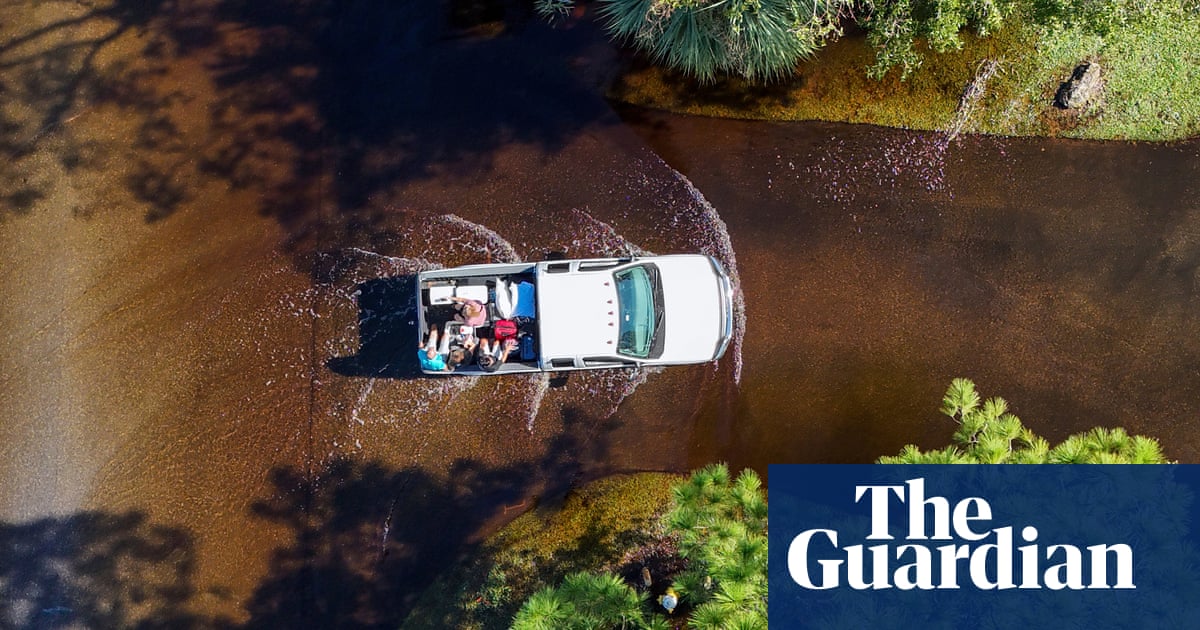The loss of credibility is always possible, but largely unavoidable. You don't give a stern enough warning and the storm is at the worse end of the scale and you get screams of "why didn't you warn us early enough", you issue the warnings early enough to give people a chance to reach safety and it turns out the storm isn't as bad as it looked 48 hours earlier (which is a fairly long time in accurate forecasting) and you get "see they were making a fuss about nothing".
You can't get 100% accuracy with forecasting, as was shown by the fact the storm as IIRC getting better and worse and it was moving up and down the scale, which means that any predictions would be getting changes repeatedly.
It's the reason why they give things like the possible height range of the flooding, and show the potential areas it'll affect, usually with the "most likely" route etc
Unfortunately with storms like this one especially, where it was at times one of the worst in recorded history the models break down a bit because there is not enough data for more accuracy, chances are the next similar storm in the same area will get a slightly more accurate set of predictions because they refine the models constantly based on what they've learned.
Basically the forecasters and government are screwed if they give the warning, and screwed if they don't, but they'll tend to err on the side of not needing the body bags and DNA/dental identification as their primary objective is to prevent avoidable deaths.





